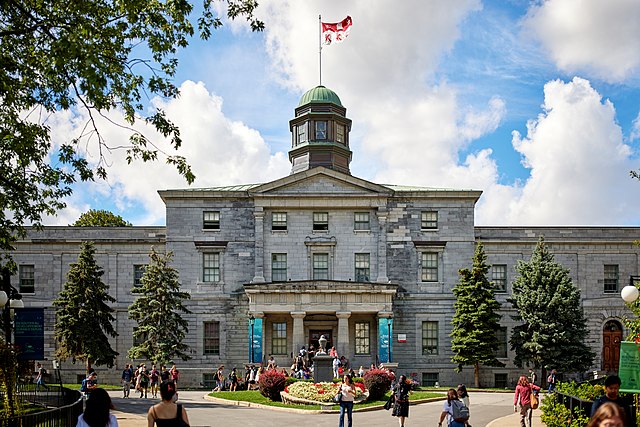McGill University law professors have resumed their strike after the institution’s senior administrators backed out of promised negotiations with the Association of McGill Professors of Law (AMPL), according to the union. The strike follows over three months of delayed talks between McGill’s administration and the university’s first faculty union, it said.
Despite what it called minor differences between the union’s and the university’s positions, McGill has refused to engage in further negotiations, according to AMPL. The university has instead requested binding arbitration, a move the union argues is insufficient to address their broader concerns regarding faculty control over academic programs.
“Our issues have to do with whether faculty – the experts in their fields – should decide what an academic program should contain or administrators who are far away from teaching,” said Kirsten Anker, a McGill law professor and Vice-President of AMPL.
Richard Janda, another McGill law professor and AMPL’s Secretary, criticized the university’s approach, stating, “The lesson that McGill has pounded into us is that unless we are prepared – against our training and desires – to put student education at risk, McGill will not respond. It is shameful that McGill is so cavalier with students’ wellbeing and education in direct contradiction to its claims of advancing education.”
The strike has also raised concerns among incoming students, who are expected to pay their fees by August 30. Kate Pundyk, an incoming McGill law student from England, expressed her frustration, noting, “Many of us have moved from far away, left our jobs, and signed leases and are now being asked to pay school fees for a term that may not occur. It is shocking that McGill would choose not to attend negotiations, despite knowing how much students have invested, both professionally and financially, to be part of this institution.”



